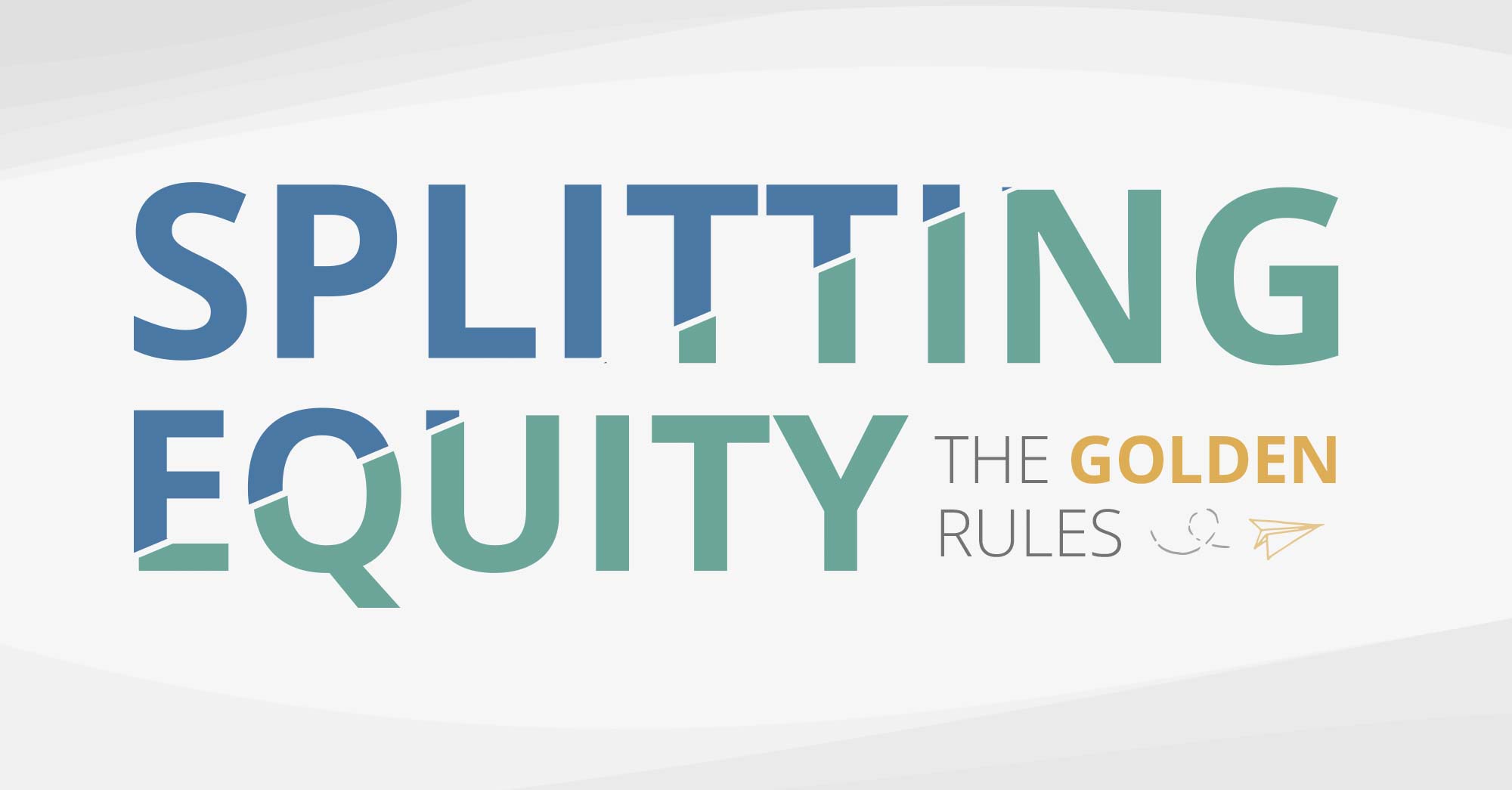ESPP: Is it worth it for employers and employees?
Whether you’re calling it the Great Resignation, the Great Reshuffle, or something else entirely it’s impossible not to acknowledge that workers around the globe are on the move. Employers are looking at ways to attract, retain and reward top quality staff, while employees are seeking out companies that value and appreciate them. One proven approach, that has benefits for both sides, is through employee equity stock plans.
Employers: There are a range of options available but did you know over 80% of all tech companies offer an Employee Stock Purchase Plan (ESPP). They’re very popular with subsidiaries or branches of US corporates, but are not offered exclusively by them.
Employees: Find out why whether a company offering employee ownership as part of their benefits package should be one of your deal-breakers when engaging with potential new employers?
What is an ESPP?
An ESPP is a way for employees to purchase company stock via payroll deductions, sometimes at a reduced price. The discount allowed is normally 15% of the market value of the stock on either the first day or on the last day of the offer period, usually six months. Along with the discount element another incentive is that employers can choose to match contribution level and there are also tax benefits. With two types of ESPP to choose from, Qualified and Non-Qualified, you can determine what solution works best for you and your employees.
Together these create an attractive opportunity for participating employees, one which gives them a vested interest in the performance of the business.

What are the ESPP pros and cons for employers and employees?
Benefits of ESPP For Employers
ESPP allows for a direct alignment of the interests of shareholders and employees, the result being increased employee engagement and organizational pride. When you do well, they do well.
Recruitment
An ESPP offering can make your company more attractive when bringing top talent on board and could be the deciding factor in helping to land that ideal candidate by giving them something no-one else can offer – a stake in your company.
Employee Retention
ESPP programs typically run over a number of years (vesting period) meaning employees who partake must remain in place for a specified time before they can access the funds. It not only gets people onside, it keeps them there. Employees who are financially involved in a company’s performance are more likely to stay for the long haul.
Creating an Ownership Culture
We all want to feel like we’re part of something. When there are achievements to be celebrated we want to be involved and to benefit from the rewards too. Allowing staff to invest in your company is a great way to show them they’re appreciated.
This can be a truly powerful motivator.
Tackling the Gender Pay Gap
Equity compensation is measurable. You can use the participation data to determine if there are underlying issues, such as gender pay disparity. This information can be used to develop proactive actions, thereby making your organization a better, fairer and more equal place to work, for everyone.
Cons for the Employer
As with any improvement there will be an increased workload and additional spend, such as legal and administrative costs, plus any employer’s contribution.
Depending on the type of ESPP chosen you may be required to be compliant with security and tax laws and there is also the potential that the share price will decrease.
Running an ESPP requires a specialized skillset. It’s not something you’ll manage on a spreadsheet without allowing in errors so taking a DIY approach will generally cause major problems in the long term.
That’s why you’re better off getting professional help. At Global Shares, with our award-winning software platform and team of over 300 equity professionals, we can cover everything, from participant enrolment to trading and compliance.
Set up a call with one of our advisors to learn why we’re the chosen and trusted ESPP administrator for hundreds of companies, across a range of industries, in more than 100 countries worldwide.
ESPP Benefits for employees
If your company offers one why should you invest in an ESPP? Since you are acquiring stock, that would otherwise not be available, at a discounted price it is generally a good idea to participate.
Ease of access
Payments are collected directly via payroll. You just decide how much you wish to contribute and these deductions will be used to purchase shares on your behalf at the end of the vesting period.
Boosting your savings
ESPPs offer an easy, cost-efficient way to pursue a disciplined savings plan. You’re buying stock for a discount and selling them for a normal price, so have the potential to earn money with this ‘buy low, sell high’ approach.
Where companies offer enhanced features such as a LookBack option it allows for a further savings boost because the company discount is applied to the lower of either the price at the start of the offering period or at the purchase date.
Tax Benefits
Profits on shares sold are taxed as Capital Gains, which has a lower rate than ordinary income.
No obligation to partake
Flexibility is key. Participation is voluntary. Companies commonly allow you to withdraw, even during a purchase period.
Cons for employees
There are certain restrictions, including a cap on contributions and a cut-off for stock value purchases during each calendar year.
Your cash-flow situation may not allow you to participate.
If your employer doesn’t allow out-of-course withdrawals the money can’t be accessed until the purchase date.
There could be different tax implications depending on where you and your employer are located.
The discount allowed by the company may be taxed as benefit-in-kind.
Returns are not guaranteed and the share price may fall as well as increase. There could also be a currency risk involved.
Get in touch
At Global Shares we handle all the administration so you’ve nothing to worry about. Get in touch to find out how we can assist with your equity plan management solution.
Please Note: This publication contains general information only and Global Shares is not, through this article, issuing any advice, be it legal, financial, tax-related, business-related, professional or other. The Global Shares Academy is not a substitute for professional advice and should not be used as such. Global Shares does not assume any liability for reliance on the information provided herein.








